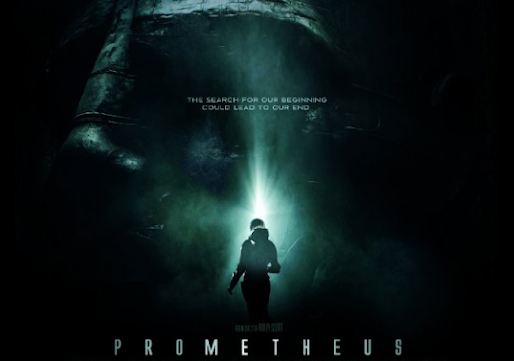The link above concerns a document in the Swedish language that was put online a few days ago, more precisely on the 16th of August. It contains the opinion of some Swedish academics regarding the question that was posed in the title of this post. I reproduce below a summary of chapter 5, which I requested from ChatGPT:
University Teachers' Prior Knowledge: All interviewed university teachers had some basic knowledge of ChatGPT, although not all were experts. They were aware of what ChatGPT is and how it functions.
Opportunities: Participants recognized opportunities in using ChatGPT to enhance teaching and research efficiency within universities. They highlighted how the tool could support both students and teachers in various academic tasks.
Risks: Risks associated with ChatGPT use were mentioned, including a potential decrease in active information seeking by students and overreliance on the tool. Concerns were also raised about the quality of students' work when using ChatGPT.
Ethical Aspects: Ethical concerns were discussed, including issues of privacy and security when sharing information with AI tools. Participants also mentioned ethical concerns related to training AI with sensitive data and universities' responsibility to promote ethical practices in technology use"
PS - More interesting, however, is the result you get when you feed ChatGPT with a review of a controversial book by Columbia University professor J.Crary, which is available here https://www.theoryculturesociety.org/blog/review-jonathan-crary-scorched-earth (a book that the ChatGPT does not know because it was trained only with the information generated until September 2021) and then the same ChatGPT is asked to produce an essay that relates the thesis of the said book, with the well-known film Prometheus, to which the academic community has already dedicated a large number of publications. See the result reproduced below:
Critique of Technology: Both "Prometheus" and Crary's book offer critiques of technology. In "Prometheus," the central theme revolves around the misuse of advanced technology by humans, ultimately leading to disastrous consequences. Similarly, Crary critiques the all-encompassing influence of digital technology, particularly the internet, and how it is reshaping society and individual lives in potentially harmful ways.
The Loss of Humanity: In "Prometheus," the reckless pursuit of knowledge and technological power leads to a dehumanizing transformation of the characters, particularly the android David. Crary's book explores how the pervasive presence of digital technology can erode human connections and empathy, leading to what he calls the "mechanization of emotion." Both works raise concerns about the loss of humanity in the face of advancing technology.
Capitalism and Technology: "Prometheus" touches on the theme of corporate greed and the intersection of capitalism with technology, as the expedition to the alien planet is funded by a wealthy corporation seeking to exploit a potential resource. Crary's book explicitly links the rise of the internet and digital technology to neoliberal capitalism, arguing that these technologies have primarily served to make individuals more efficient for capitalist interests rather than enhancing their lives.
Environmental Consequences: While not a central theme in "Prometheus," the movie does depict the potential environmental consequences of reckless scientific exploration. In contrast, Crary's book explicitly addresses the ecological impacts of the digital age, emphasizing the damage caused by the production and disposal of electronic devices and the excessive consumption of digital content.
Call for Change: Both "Prometheus" and Crary's book call for change in their own ways. In "Prometheus," the dire consequences of unchecked technological ambition serve as a cautionary tale. Crary, on the other hand, advocates for a shift away from the all-encompassing grip of capitalism and a reevaluation of our relationship with digital technology in order to create a more sustainable and humane future.
Questioning the Status Quo: Both works challenge the prevailing status quo. "Prometheus" challenges the idea that scientific and technological progress is inherently beneficial, while Crary's book challenges the notion that the proliferation of digital technology is an unequivocal boon for society."
